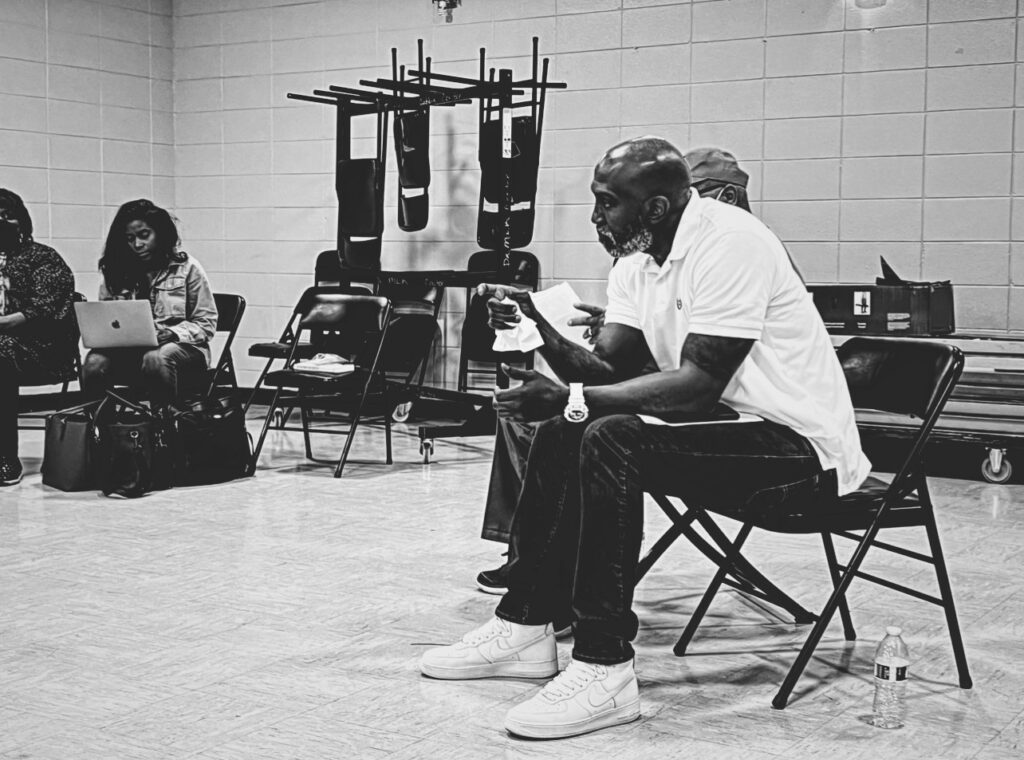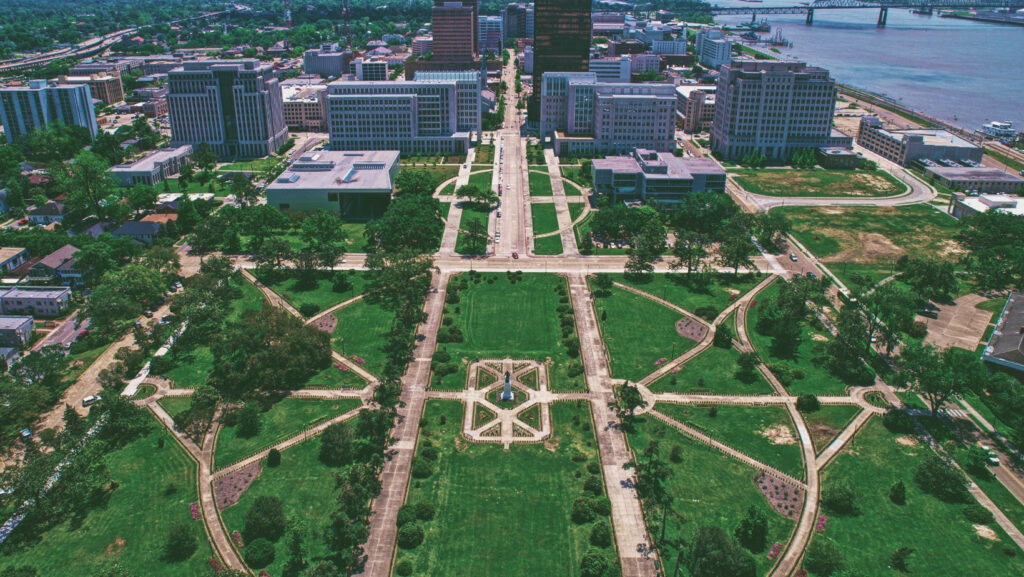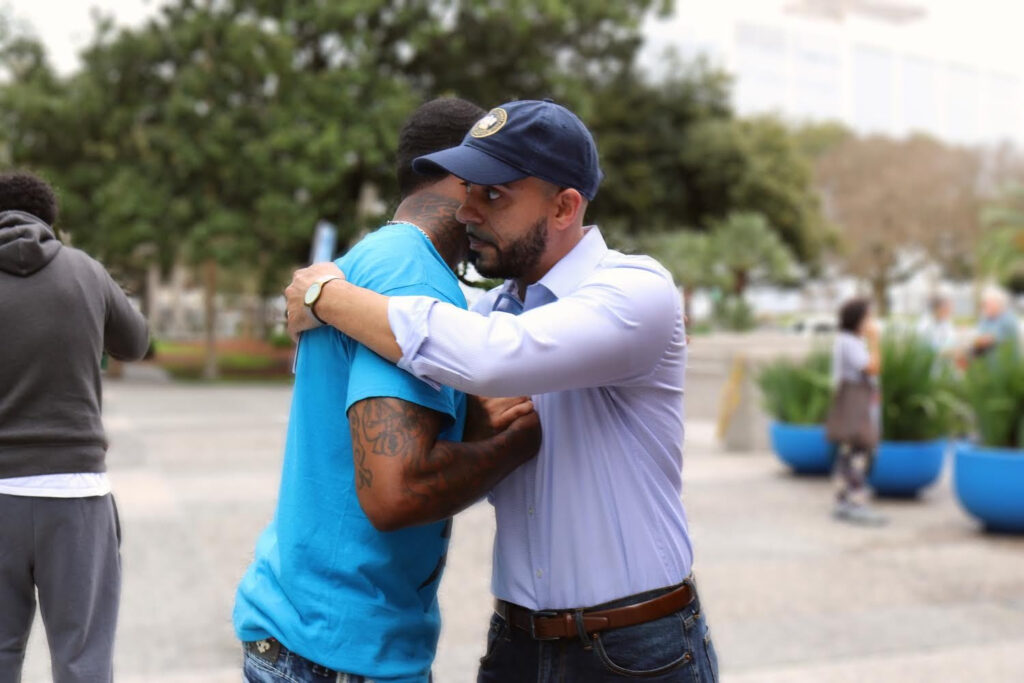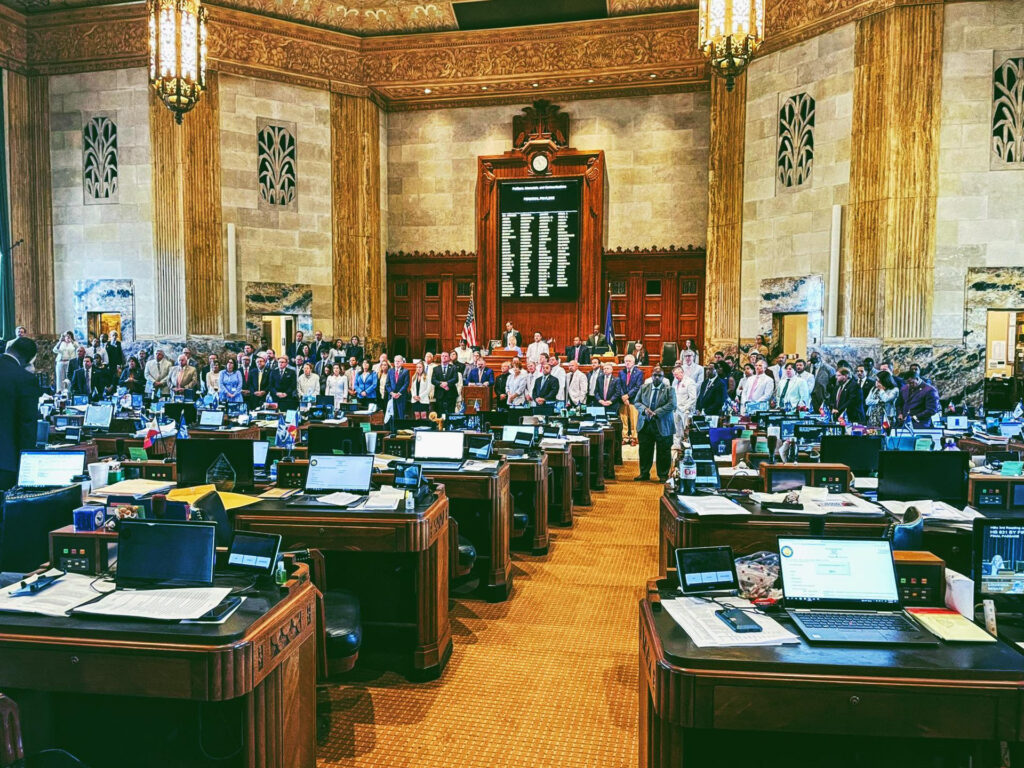
As a formerly incarcerated man having served 25 years, I didn’t know what to expect when I walked into the Louisiana State Capitol for the first time on March 14, 2022. I carried ideas of what to expect from studying the messiness of the law and engaging in Angola’s Special Civic Project on the inside, but couldn’t be sure my instincts were accurate until I sat in stoic disbelief inside my first committee hearing on the Administration of Criminal Justice.
It was disheartening to witness the lack of empathy, inattention, disconnection to the stories of impacted people, disrespect, character and community attacks, condescending tones, and discourtesy exhibited during committee hearings. It reminded me of ugly elections where one candidate uses a smear campaign, dirty name-calling, and reputation-debasing practices to destroy the character of the other. I saw these same election-origin practices employed inside legislative committees to defeat bills drafted to change policies that negatively impact formerly and currently incarcerated people.
In my opinion, the Louisiana legislative session could have been remarkably pivotal in changing people’s lives for the better if opponents and legislators had worked together with VOTE and our allies to pass meaningful laws. We entered the session hoping to pass bills dealing with post-conviction relief for non-unanimous jury verdicts (HB 271, HB 744); parole consideration for juvenile and adult lifers (HB 730, HB 404); medical parole for very sick people (HB 728); fair housing for formerly incarcerated people (FIP) (HB 665, HB 663, substitute adopted in House Committee: HB 1063); eliminating medical co-pay fees in prison (HB 175); giving incarcerated people the right to vote for redistricting purposes, if they are counted in those districts (HB 846); creating jobs by legalizing the cultivation of marijuana and prohibiting discrimination against FIP when regulating the cannabis industry (HB 125, HB 430).
At the start of the session, VOTE and our allies approached every table with the intention to solve obvious problems with current policies in housing, employment, voting, and the in-justice system. However, opponents approached the same table as if it was an election, with incumbents on one side, and challengers on the other. Rather than searching together for a common resolution to policy initiatives, opponents portrayed us and our allies’ bills as soft on crime, fiscally impossible, or having unintended consequences.
Continue reading The 2022 Legislative Session Was Akin to a Dirty Election


